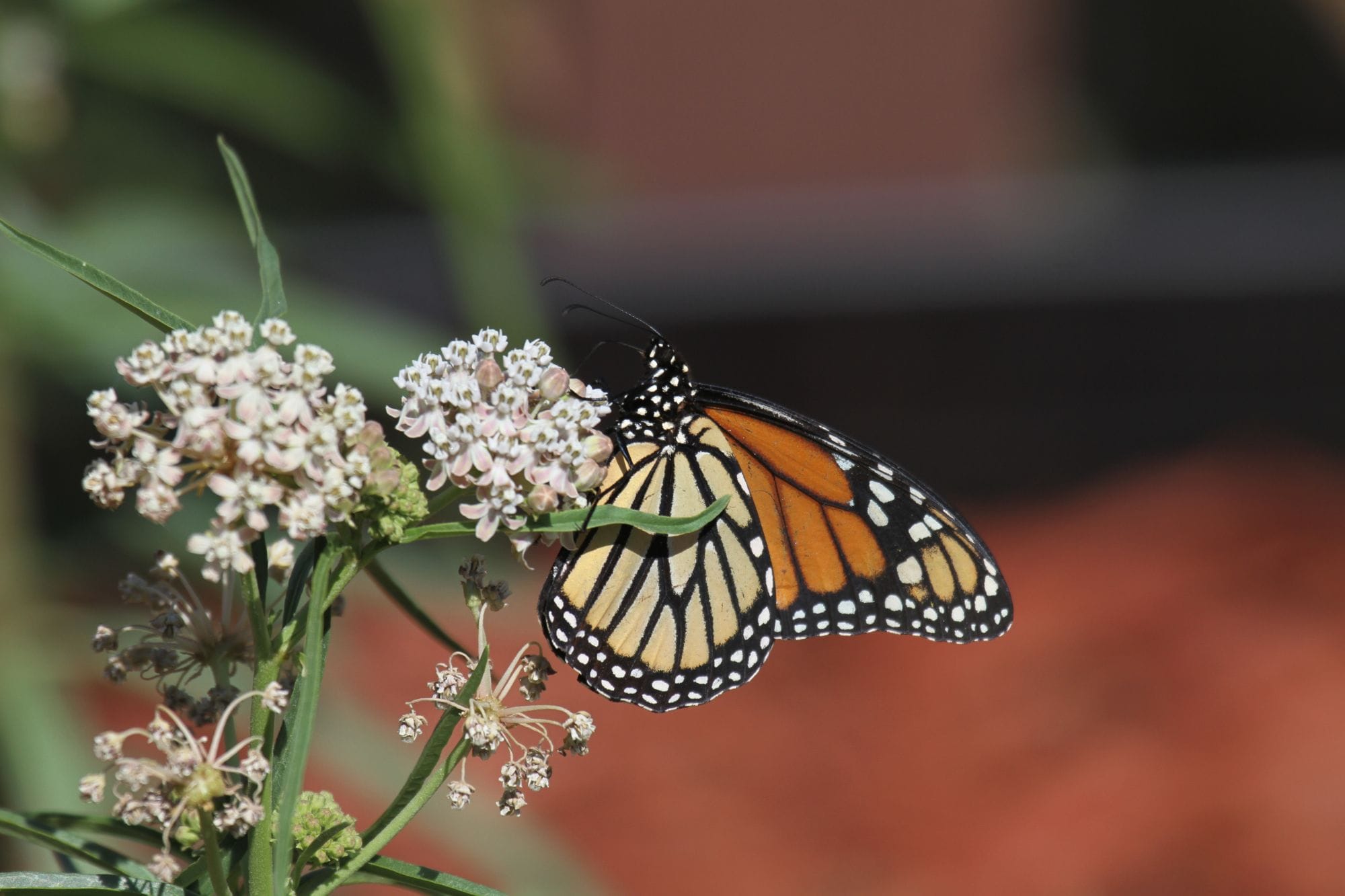The Mortgage Already Branded Me
A series by Anthony Solorzano exploring Riverside through the eyes of a transplant, as the memory of a hometown slowly fades.
With western monarch populations at critical lows, local conservationists in Riverside are stepping up with innovative programs and habitat restoration to help save these iconic pollinators.

Federal wildlife officials have proposed listing the iconic monarch butterfly as an endangered species, citing a staggering 99% chance of extinction for the western population by 2080.
The announcement, made by the U.S. Fish and Wildlife Service on December 10, 2024, underscores the sharp decline of western monarchs, whose numbers have plummeted since the 1980s.
In Inland Southern California, the Riverside-Corona Resource Conservation District (RCRCD) is taking action to protect these at-risk pollinators.
This summer, RCRCD Naturalist Michele Felix-Derbarmdiker joined a groundbreaking pilot program as one of only five people in California authorized to collect, raise, test, and tag western monarch butterflies.
“The law requiring permits was meant to protect monarchs while they were being considered for endangered species listing,” Felix-Derbarmdiker explained. “But it created a two-year gap in our monarch data, which this program is helping to fill.”
Western monarchs face numerous threats, including habitat loss, pesticide exposure, parasites, and the impacts of climate change. Milkweed, the only plant where monarchs lay their eggs, has been disappearing at an alarming rate.
RCRCD is working tirelessly to support monarch conservation. The district:

RCRCD encourages residents to get involved in monarch conservation by:
With collaborative efforts and increased awareness, there’s hope for reversing the monarch’s decline and securing their future.
Let us email you Riverside's news and events every morning. For free!